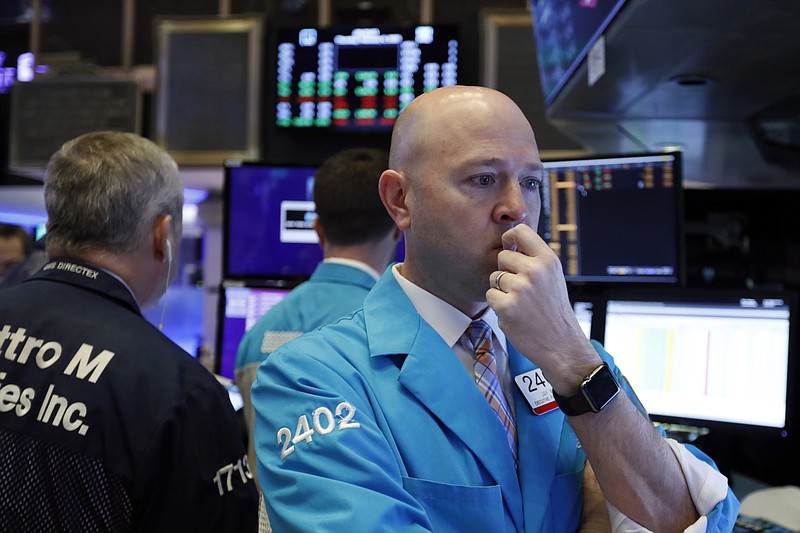Stocks closed higher on Wall Street on Thursday, extending the market’s solid rebound this week and delivering another round of record highs for the major indexes.
The S&P 500 index, Dow Jones Industrial Average and Nasdaq each hit all-time highs as they extended their winning streak to a fourth day.
The latest gains came as investors assessed more company earnings reports. China’s decision to cut tariffs on $75 billion of U.S. imports also helped keep investors in a buying mood. The reductions, which follow U.S. tariff cuts last month on Chinese goods, are part of a previously signed “Phase 1” trade agreement with Washington.
“It’s certainly good news and something unexpected,” said Sam Stovall, chief investment strategist at CFRA. “The Chinese, in a sense, are showing deference and offering an olive branch to the U.S. ahead of the ‘Phase 2’ negotiations.”
The S&P 500 index rose 11.09 points, or 0.3 percent, to 3,345.78. The Dow gained 88.92 points, or 0.3 percent, to 29,379.77. The Nasdaq climbed 63.47 points, or 0.7 percent, to 9,572.15. The Russell 2000 index of smaller company stocks fell 4.46 points, or 0.3 percent, to 1,677.46.
Markets in Europe and Asia finished broadly higher.
Bond prices rose. The yield on the 10-year Treasury slipped to 1.64 percent from 1.65 percent late Wednesday.
China’s tariff reductions apply to several categories of U.S. imports, including pork, soybeans and auto parts. The cuts follow last month’s signing of a “Phase 1” agreement toward ending a long-running tariff war over Beijing’s technology ambitions and trade surplus. Both sides have made conciliatory gestures, but the lingering dispute threatens to chill global economic growth.
Beijing is also promising tax cuts and other help to businesses in a bid to offset the economic blow from the virus outbreak that has put the world’s second-largest economy on lockdown.
Companies continue to warn of an expected impact to revenue and profit, though the extent of the damage for many remains unclear.

